Employee engagement isn’t just a trendy buzzword—it’s a powerful factor that can shape the success or failure of a business. In simple words, employee engagement means how involved, committed, and motivated employees feel at work.
In this blog, we’ll explain why employee engagement matters, how it affects your business, and what you can do to improve it—using real examples and easy-to-understand tips.
1. Engaged Employees Work Harder and Smarter
When employees feel connected to their work, they put in more effort. They’re more likely to go the extra mile, suggest improvements, and care about results.
Example: Think of two salespeople. One loves their job, believes in the company, and feels recognized. The other feels ignored and underappreciated. Who do you think will perform better and bring more clients?
Tip: Recognize efforts regularly—through appreciation emails, monthly shoutouts, or small rewards.
2. Engagement Reduces Employee Turnover
Hiring new employees takes time and money. When workers are unhappy or feel disconnected, they’re more likely to leave. Engaged employees are loyal—they want to grow with the company.
Example: A tech startup reduced its turnover rate by 35% after conducting regular engagement surveys and acting on feedback.
Tip: Use exit interviews and stay interviews to understand what keeps people and what drives them away.
3. Better Engagement Means Better Customer Service
Happy employees often lead to happy customers. When employees feel good at work, it reflects in how they treat clients.
Example: A retail store trained its staff in soft skills and created a rewards system for good service. Within three months, customer complaints dropped by 40%.
Tip: Make employees feel like their work matters to the company’s bigger goals.
4. Higher Productivity and Teamwork
Engaged teams communicate better, solve problems faster, and work more efficiently. They take pride in their team’s success.
Example: A manufacturing company created a “Team of the Month” contest. It motivated departments to collaborate better and improved output by 20%.
Tip: Promote team-building activities, even if they’re virtual. It boosts morale and trust.
5. A Strong Culture Begins with Engaged Employees
Engaged employees help build a positive and productive company culture. They speak positively about the organization, attract talent, and strengthen the employer brand.
Example: An HR firm encouraged internal referrals by offering bonuses. They found not only better hires but also a more connected workplace.
Tip: Share company wins and celebrate small milestones together.
Final Thoughts
Employee engagement is not just HR’s job—it’s everyone’s responsibility. When employees feel seen, heard, and valued, they perform better and stay longer. The impact touches every part of the business—from sales and service to culture and retention.
At Enkash, we help companies build engagement strategies that are simple, effective, and tailored to their people.
Let’s build a workplace where people love to work.
About Enkash: EnKASH is built with an objective of taking HR services like Consulting, HR Transformation & Capability building, business process outsourcing, and Professional Training Services to the next level, by reaching each and every organization in India and also creating a presence globally. This approach has helped companies to achieve their business objectives in an agile and cost-effective way. Our customized HR solutions and sales target-based transformation projects have helped our partners achieve up to 25% revenue growth.



